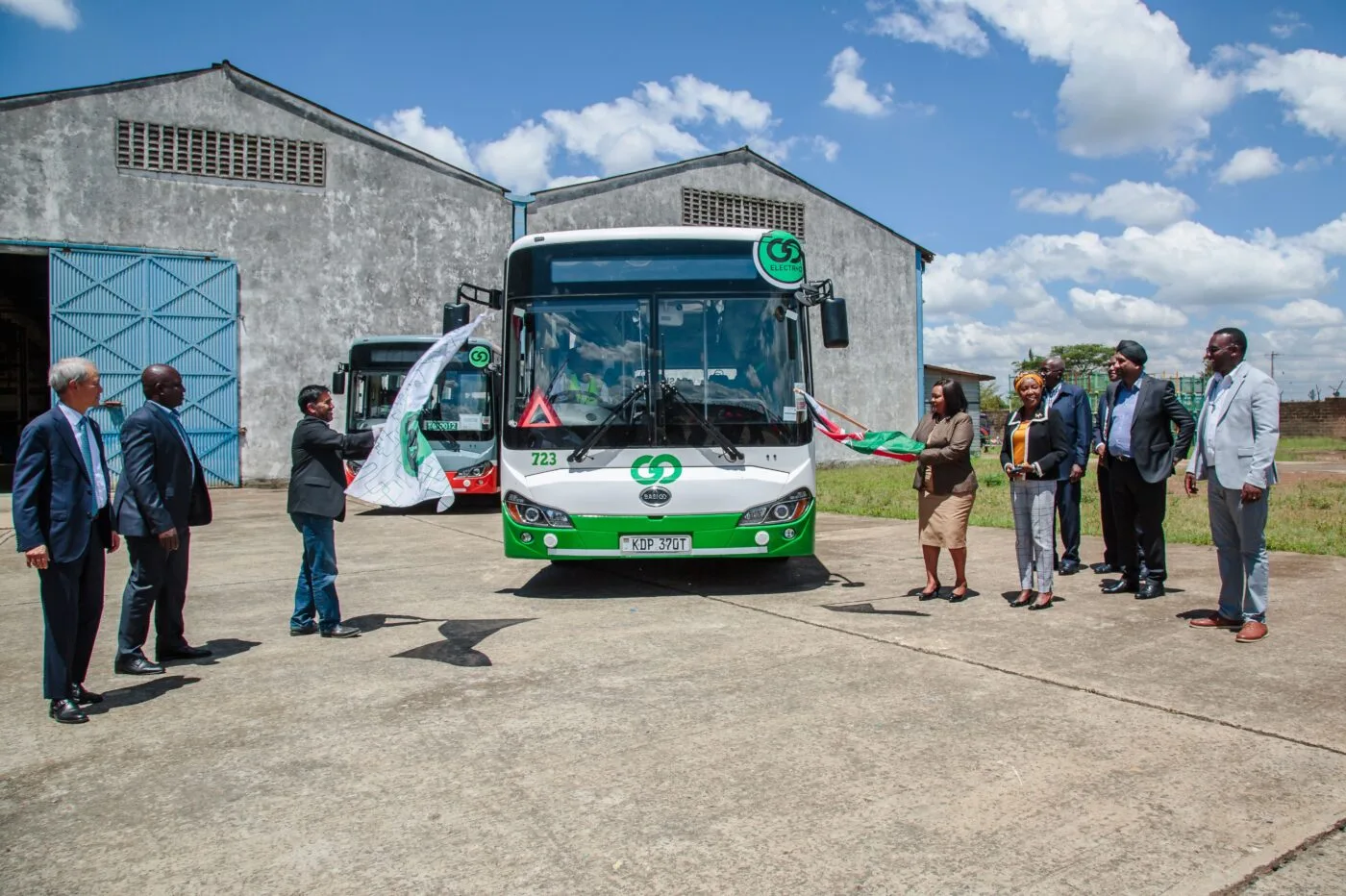BasiGo has been appointed by CATL as an authorised service partner in sub-Saharan Africa. BasiGo's service teams in Kenya and Rwanda will receive specialised training and equipment from CATL to carry out on-site maintenance and repair of CATL batteries in electric vehicles.
 Image: BasiGo
Image: BasiGo
This is not the first encounter between the two companies, as CATL batteries are used in BasiGo’s electric buses and a growing number of other electric vehicles across the region. Under the agreement, BasiGo’s service centres will also serve as collection points for used batteries, enabling a second use of used CATL batteries in Africa.
The scope of the cooperation refers to Sub-Saharan Africa, but the partners only have operations planned in Kenya and Rwanda at this stage. But the company also has plenty of work to do in Kenya, which wants to make rapid progress with the electrification of its public transport system. Kenya’s Trade Minister Rebecca Miano attended the opening of the BasiGo factory last year and said that the government is aiming for all public transport buses in the country to be electric by 2027.
BasiGo was founded in 2021 and started its operations in Kenya with the series production of E9 Kubwa electric buses in 2024. At the time, the company announced that it intended to produce 1,000 units for the East African market within three years. The nine-metre-long E9 Kubwa midi electric bus has space for up to 54 passengers, which BasiGo claims was developed for Kenya, but contains an important component from China with the CATL battery: the LFP battery has an energy content of 210 kWh. With a charging time of less than two hours, the E9 Kubwa should be able to cover up to 400 kilometres a day, although this daily mileage includes a charging stop. So far, BasiGo has delivered a total of 100 electric buses across Rwanda and Kenya.